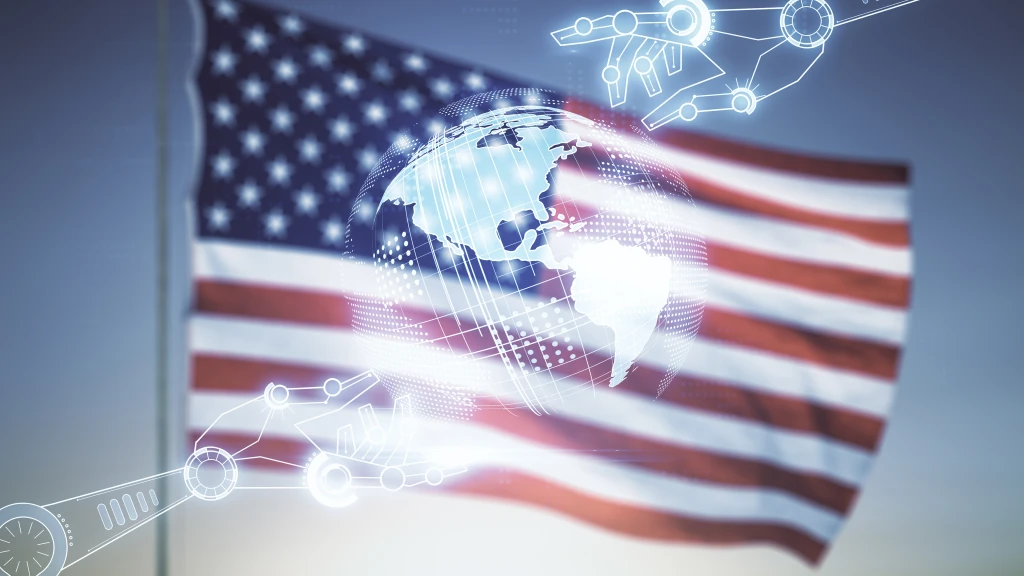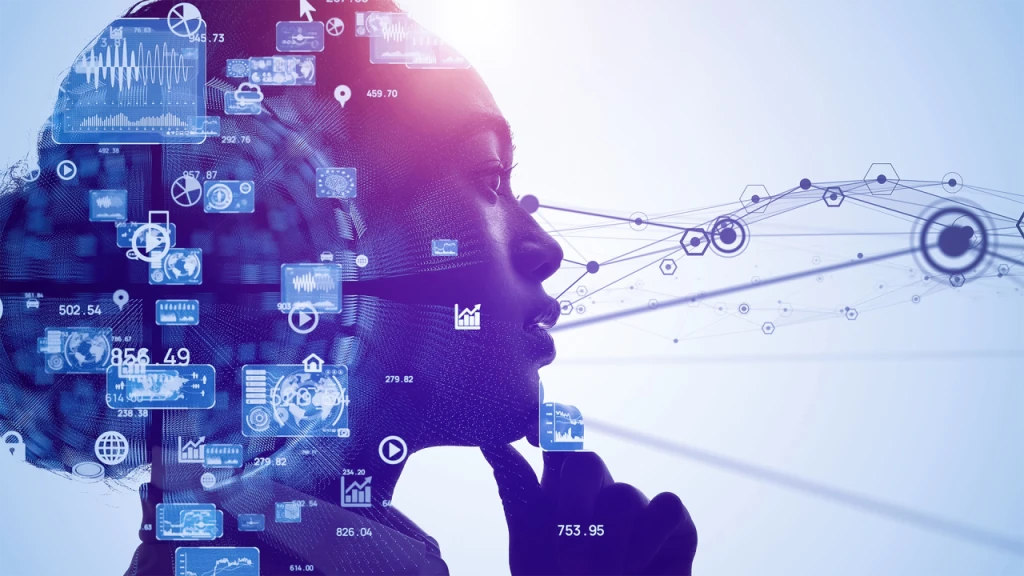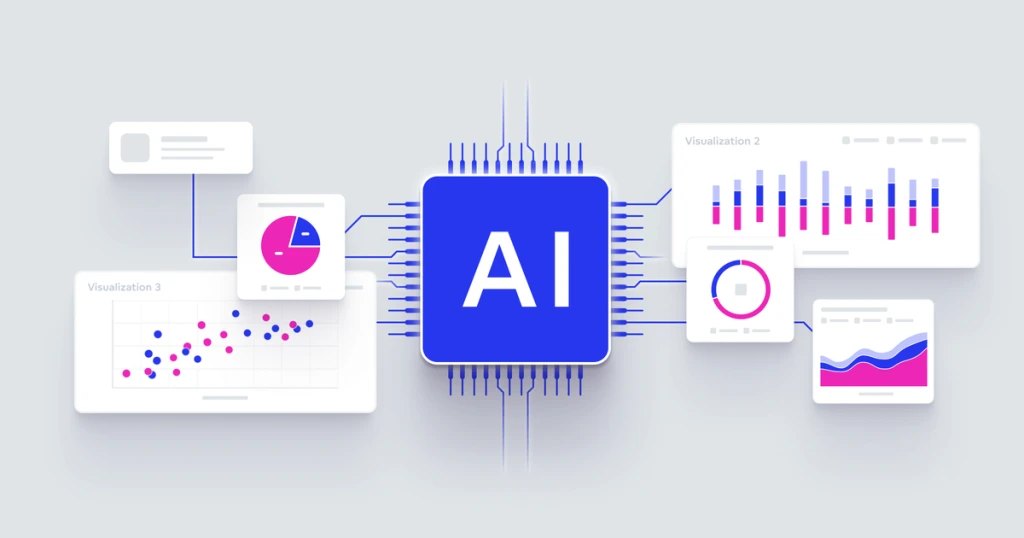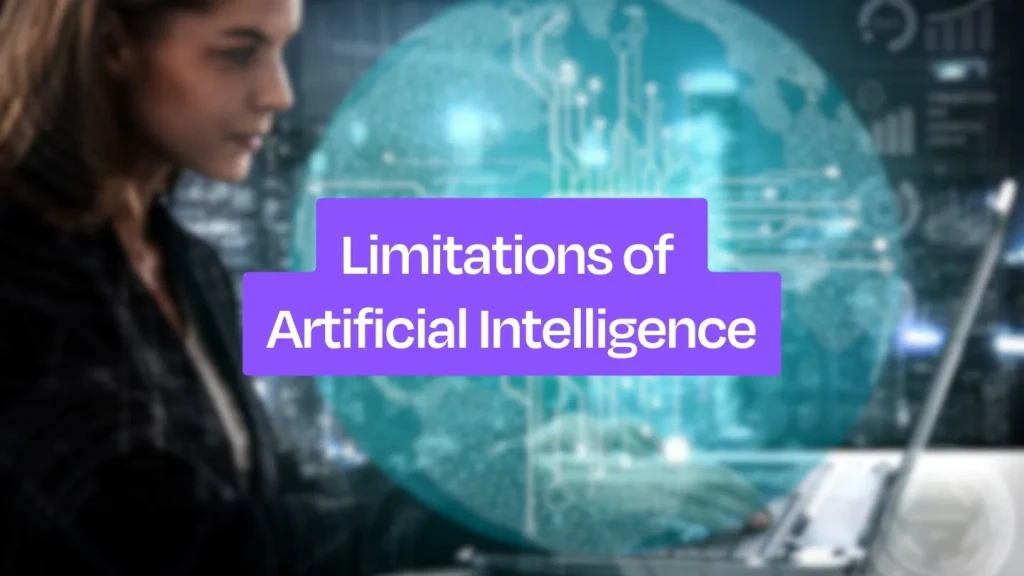Test AI on YOUR Website in 60 Seconds
See how our AI instantly analyzes your website and creates a personalized chatbot - without registration. Just enter your URL and watch it work!
1. Introduction: The AI Revolution in Politics
This blog explores how AI is being used in political strategy, campaign management, voter engagement, and the potential risks of AI-driven electioneering.
2. AI-Powered Voter Targeting and Micro-Messaging
Political campaigns have shifted from mass messaging to precise voter segmentation, thanks to AI-powered data analytics. Machine learning algorithms can analyze vast amounts of voter data, including:
Demographics and Voting History: AI predicts how different groups will respond to campaign messages.
Social Media Behavior: AI scans user interactions to identify key voter concerns.
Psychographic Profiling: AI assesses personality traits based on online behavior, tailoring messages to resonate emotionally.
In the case of The Trump Project, AI-driven voter targeting was used to pinpoint persuadable voters, optimizing ad spend and increasing campaign effectiveness.
3. AI in Message Crafting and Sentiment Analysis
Analyze Public Opinion: Real-time social media monitoring gauges voter sentiment towards key issues.
Refine Speech Writing: AI can suggest speech adjustments based on audience preferences and emotional triggers.
Automate Responses: AI-powered chatbots engage with voters, answering policy-related queries and directing them to campaign events.
The Trump Project and other modern political campaigns have used AI-driven sentiment tracking to adjust messaging strategies in real-time, ensuring alignment with voter emotions and concerns.
4. AI-Driven Advertising and Social Media Engagement
Optimize Ad Placements: AI determines the best platforms, times, and audiences for campaign ads.
Generate Tailored Video Content: AI automates video editing to personalize content for different voter segments.
Enhance Social Media Strategy: AI algorithms determine which messages gain the most traction, adjusting content accordingly.
During past elections, AI-driven political ads have proven effective in increasing voter engagement, influencing undecided voters, and mobilizing support.
5. Deepfake Technology and AI-Generated Misinformation
Potential Risks:
Deepfake Videos: AI can create realistic but fake videos of candidates, misleading voters.
AI-Generated Fake News: AI-powered bots can spread disinformation to manipulate public opinion.
Voter Suppression Tactics: AI can be used to identify and discourage certain voter groups from participating in elections.
The Trump Project and similar initiatives face scrutiny regarding the ethical use of AI in political messaging and campaign influence.
Test AI on YOUR Website in 60 Seconds
See how our AI instantly analyzes your website and creates a personalized chatbot - without registration. Just enter your URL and watch it work!
6. The Role of AI in Election Security
AI-Powered Fraud Detection: Identifies irregularities in voter databases and online campaigns.
Fake News Identification: Machine learning models detect and flag misinformation campaigns.
Bot Activity Monitoring: AI identifies coordinated bot networks spreading propaganda.
Governments and election commissions are investing in AI-driven cybersecurity to safeguard democratic processes.
7. Ethical Considerations and AI Regulations in Political Campaigning
Data Privacy Violations: AI systems collect extensive voter data, often without clear consent.
Manipulation of Public Perception: AI-optimized content could reinforce biases and misinformation.
Lack of Regulation: AI in political campaigning is still largely unregulated, leading to potential misuse.
Future AI governance frameworks may include disclosure requirements for AI-generated content and stricter digital ad transparency laws.
8. The Future of AI in Political Campaigns
AI-Powered Virtual Candidates: AI-generated avatars that deliver campaign speeches and interact with voters in real-time.
Predictive Voter Turnout Models: AI will refine turnout prediction models, helping campaigns allocate resources more effectively.
Fully Automated Political Outreach: AI chatbots will replace human canvassers, engaging in real-time conversations with voters.
Stronger AI Regulations: Governments will introduce AI ethics policies to prevent misuse in political campaigns.
9. Conclusion: AI as a Double-Edged Sword in Politics
As AI continues to reshape politics, governments, tech companies, and voters must work together to ensure responsible AI use, transparent digital campaigning, and election integrity in the age of artificial intelligence.






